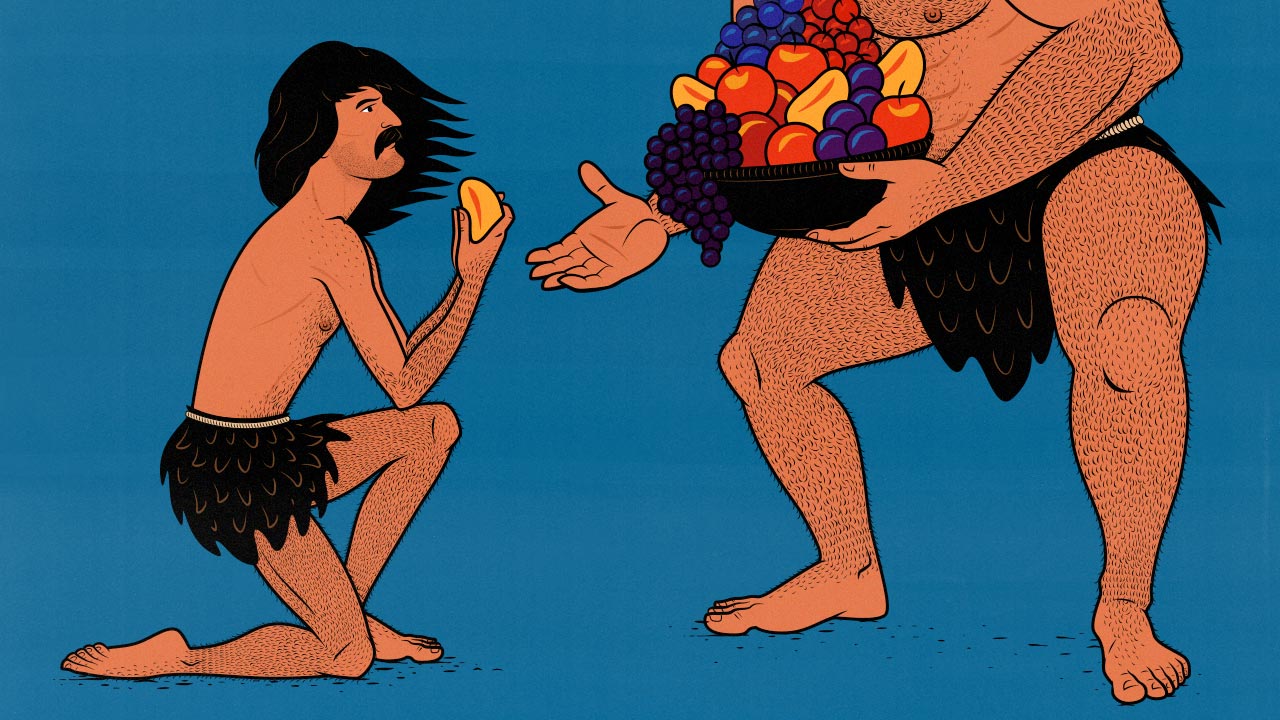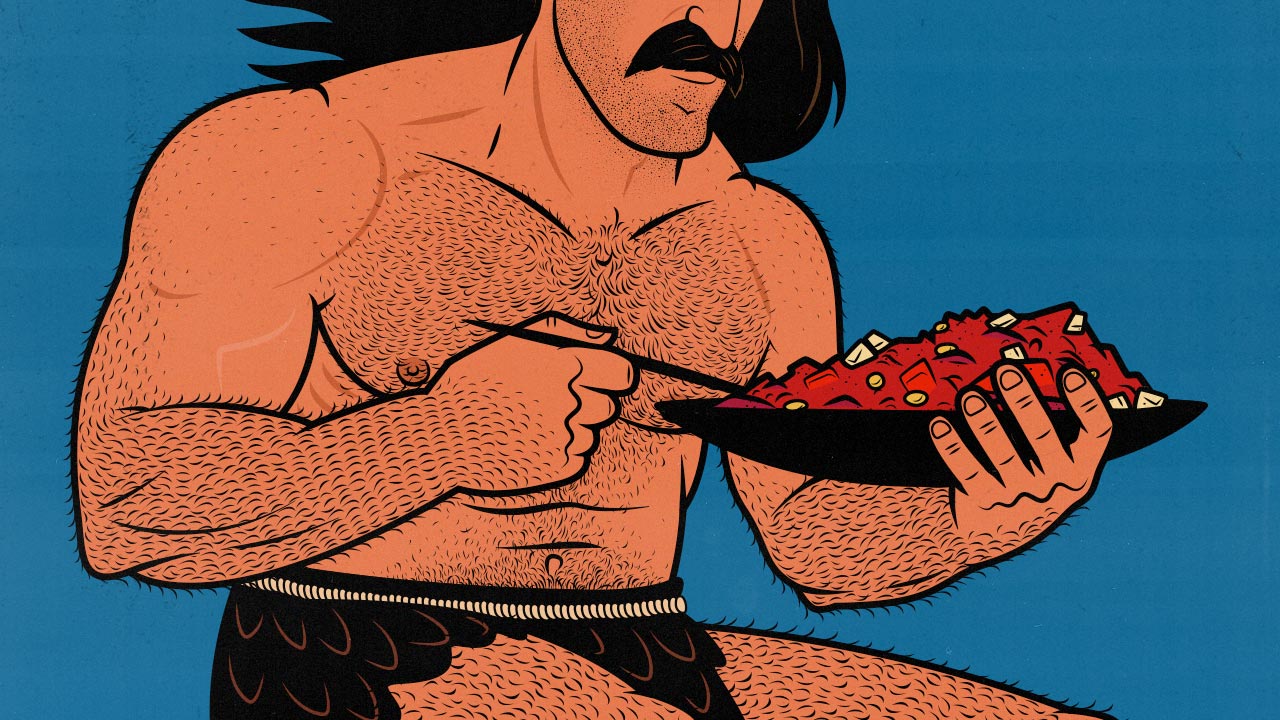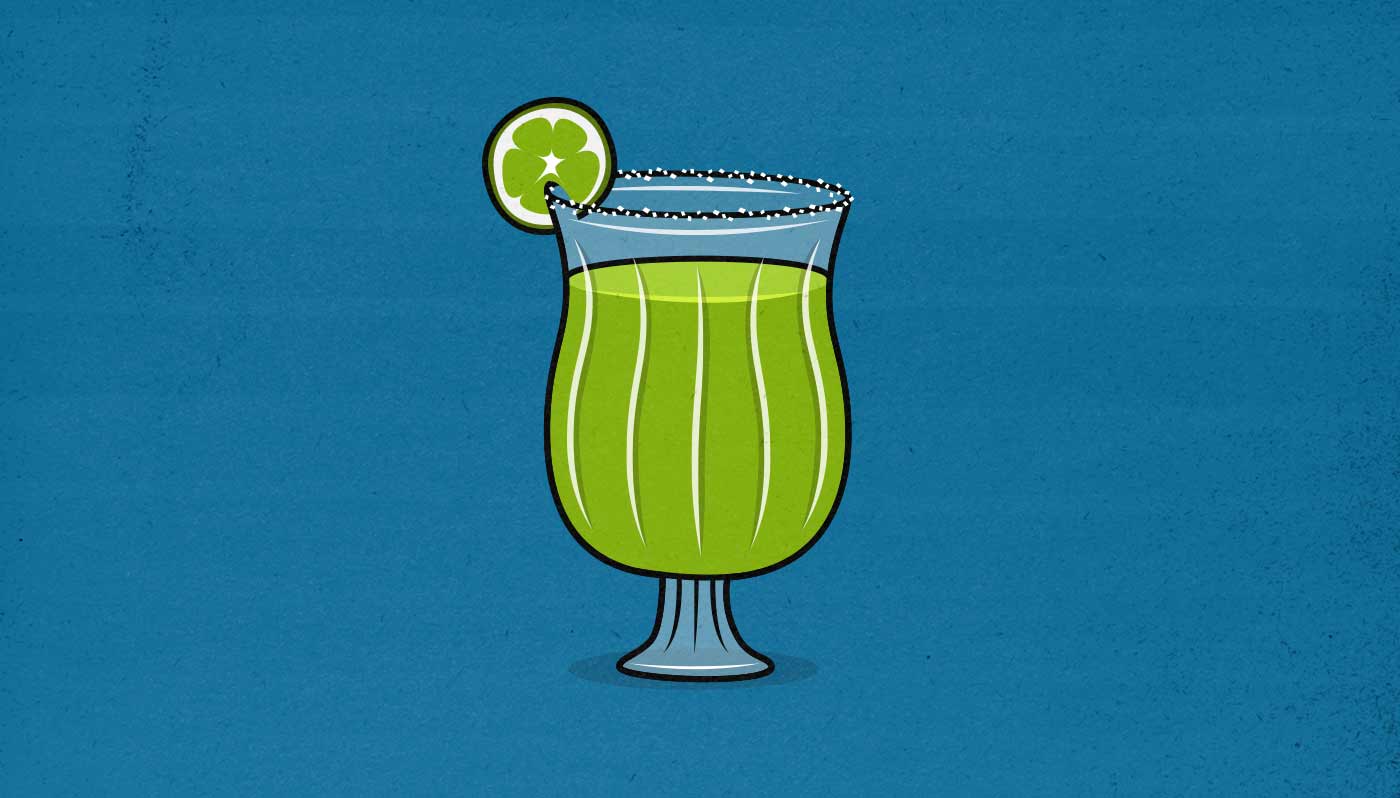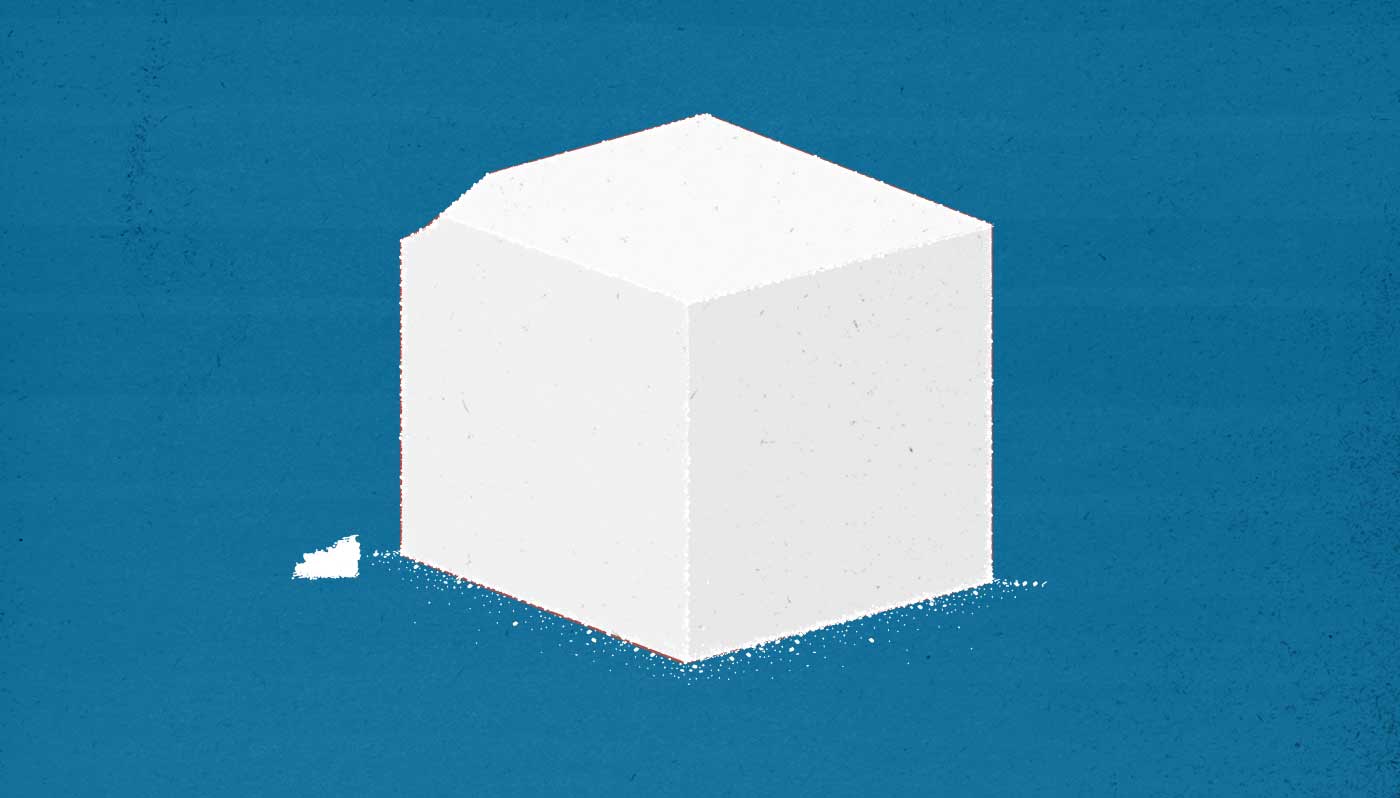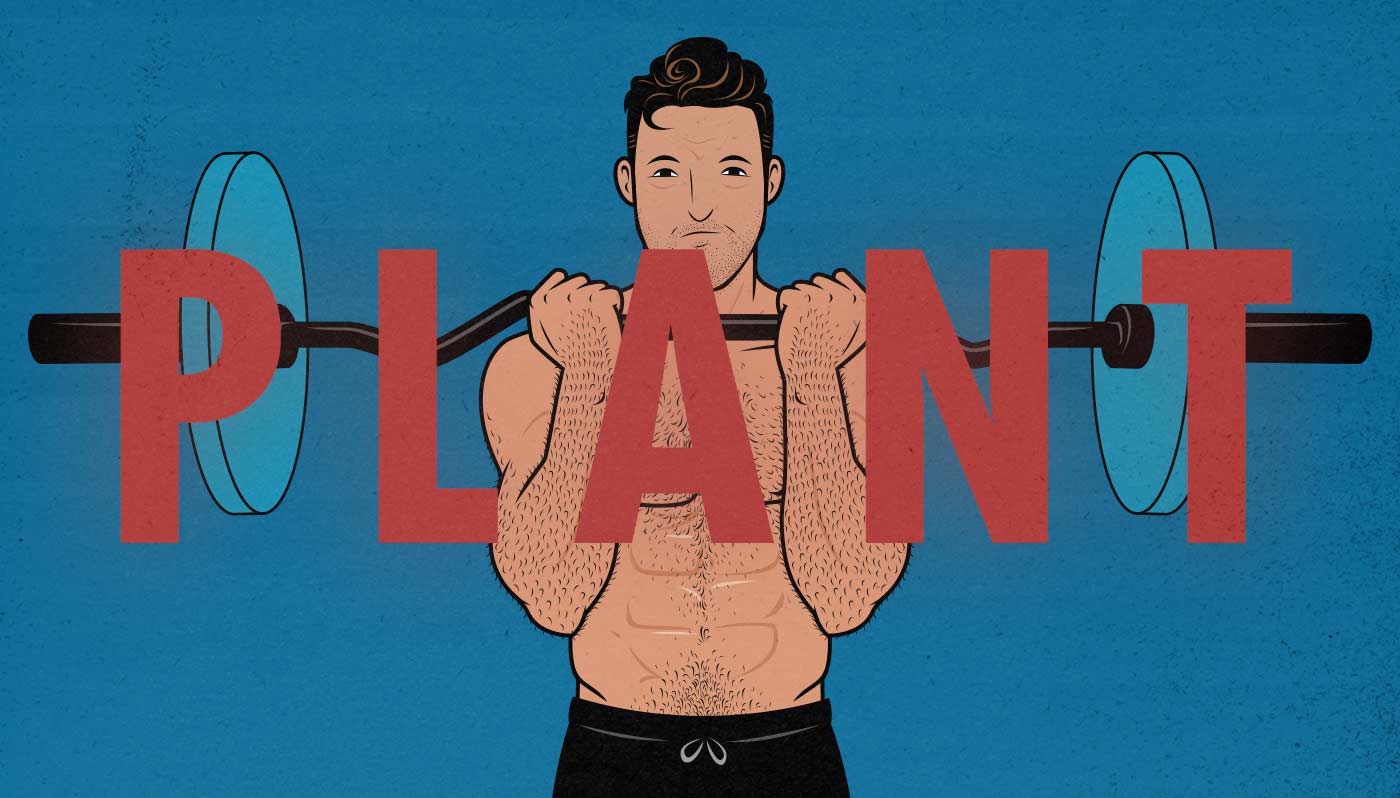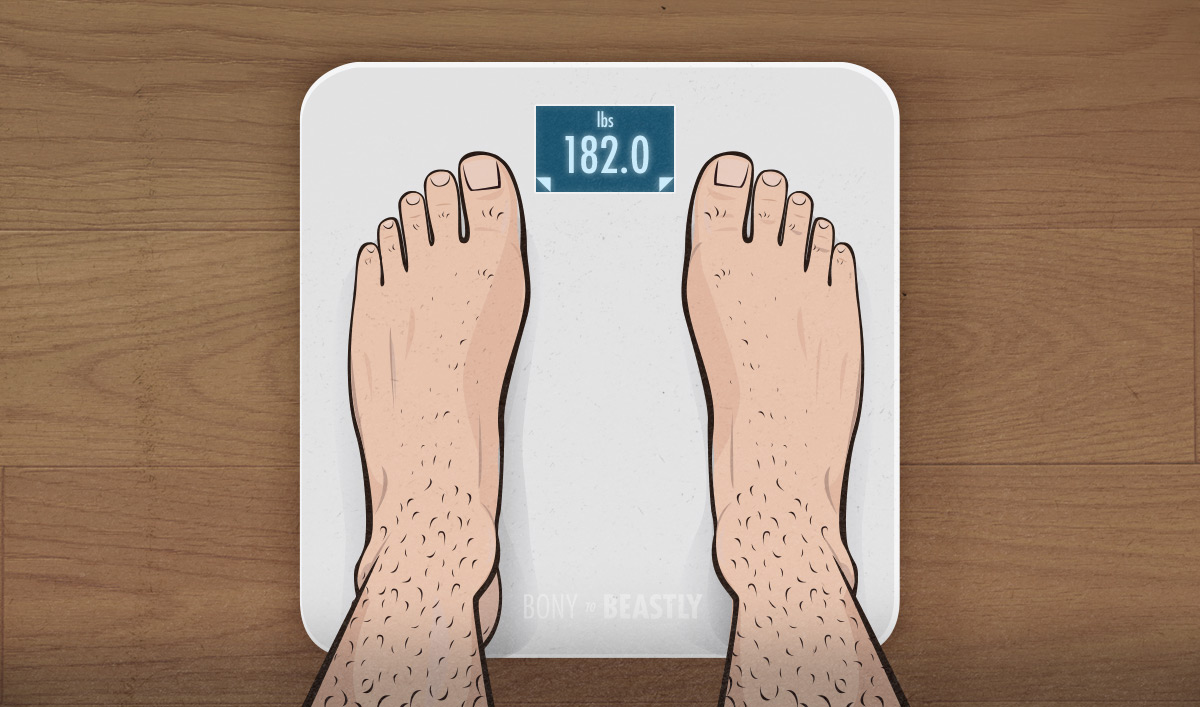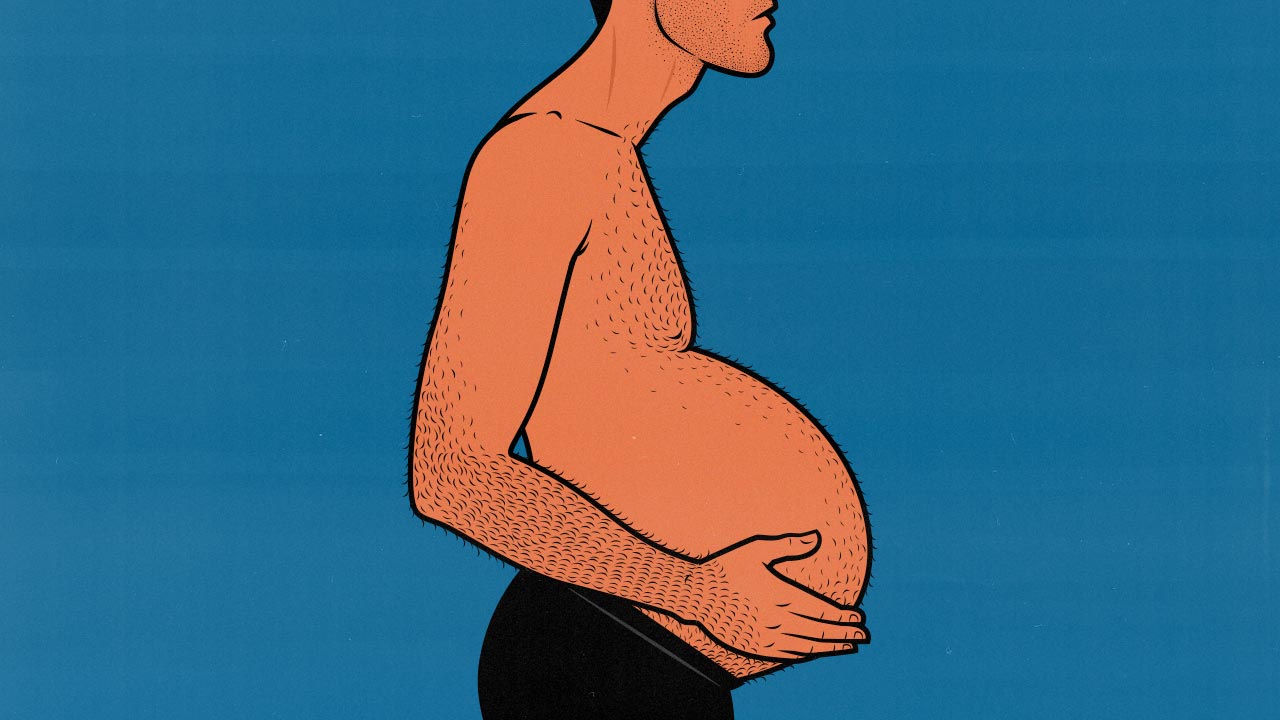Nutrition
How Many Carbs Should You Eat to Build Muscle?
Bodybuilders traditionally eat high-carb diets while bulking, getting anywhere from 50–60% of their calories from carbohydrates. Carbs are a great source of calories, they can be relatively easy to digest, they’re rich in nutrients, and they’re fantastic for building muscle.
In this article, we’ll talk about the benefits and downsides of eating so many carbs, cover the latest research, and then give you some modern recommendations.
Delve DeeperThe Best Macros for Bulking: How Much Protein, Carbs & Fat to Eat
When figuring out our ideal bulking macros—how much protein, carbs, and fat we should eat—there are a few things we need to consider. First, we can look at the research to see which macros allow us to build muscle the fastest. Second, we can see which macros help us avoid gaining fat while bulking. Third, we can look at which macros make it easier to get into a sustainable calorie surplus.
But a lot of us care about more than merely building muscle. We also want to improve our general health as we do it. So we can also look at which macros have the best impact on our health as we bulk up.
So, what are the best macros for bulking?
Read MoreHow Much Alcohol is Okay While Bulking?
Maybe you’ve heard that beer builds beer bellies, that alcohol can tank our testosterone production, or that drinking too much can impair muscle growth.
All of this is true. In fact, it gets worse. Alcohol can also disrupt our sleep, which can further reduce muscle growth, cause extra fat gain, and harm our workout performance.
Worse still, alcohol can slow digestion, making it harder for us to digest big bulking diets. It can also negatively impact our appetites, making it harder to gain weight.
However, these aren’t the effects of drinking, these are the drinking too much. As with most good things in life, it’s the dose that makes the poison.
Maybe you’ve even heard that having a drink or two per day is better than having none. Is that true?
Read MoreHow Much Sugar is Okay While Bulking?
Sugar is often criticized for causing weight gain. It’s technically a calorie surplus that causes the weight gain. But sugar can certainly make it easier to get into a calorie surplus, and so increasing our sugar intake can indeed lead to weight gain.
What if we’re trying to gain weight? For a lot of us hardgainers, the idea of sugar causing accidental weight gain sounds like a potential benefit, and it can be. In fact, when Marco first started helping me bulk up, one of the first things he did was have me add some sugar (dextrose) into my workout shakes. It’s a common trick that strength coaches use with high-level athletes to help them get into a calorie surplus. Marco cut his teeth by helping college, professional, and Olympic athletes build muscle, so it was the first thing he thought of when I told him that I was having trouble gaining weight.
Look at drinks like Gatorade, designed for the Gators from the University of Florida to keep them fueled up while playing sports. It’s full of sugar. Or look at the recovery drinks we see at the supplement stores. Again, full of sugar (or starch). The same is true with weight gainers. Their main ingredient is usually either maltodextrin or dextrose—both of which are quickly broken down into sugar as soon as we drink them. Sugar is the main ingredient in bulking supplements and sports drinks.
In the general public, though, most skinny guys take the opposite approach. They’ve heard that processed sugar will raise our blood sugar levels and can lead to various health issues, including, of course, fat gain. So when they start bulking up, they intentionally try to reduce their intake of processed sugar. Now, there’s certainly no problem with that, and most health experts recommend keeping our sugar intake quite low anyway—often limiting sugar to 25% of our total calories but sometimes as low as 10% of our total calories (study).
However, the idea of limiting our sugar intake to 25% of our calories is based on the idea that eating more processed sugar can lead to nutrient deficiencies. If we eat more candy, that can mean eating fewer fruits and veggies. But that’s not all that relevant to us skinny guys who are intentionally driving ourselves into a calorie surplus to build muscle. It’s especially irrelevant if we’re getting that added sugar from sources that are rich in micronutrients, such as from fruit, fruit juice, honey, and milk. In that case, even though our sugar intake would be increasing, we’d be consuming more micronutrients.
Furthermore, sugar has a different impact on skinny guys who are underweight and exercising than it does on people who are overweight and sedentary. We don’t have the same issues controlling our blood sugar levels, removing most of the downsides to our general health. And, when combined with a good lifting routine, raising our intakes of sugar can lead to leaner muscle gains than increasing our intakes of fat.
So, what effect does sugar have on skinny guys as we bulk up? How much added sugar is helpful. How much is harmful? And how can we make it easier to bulk up quickly and leanly?
Read MoreHow to Bulk on a Vegan Diet (Plant-Based Bulking)
Vegans can build muscle just as quickly and effectively as anyone else, provided they eat a proper plant-based bulking diet. Vegans tend to be healthier than the average person (study), and plant-based diets lend themselves quite well to building muscle. After all, many of the best bulking foods are plants: bananas, oats, rice, legumes, leafy greens, carrots, garlic, and so on (study).
We’ve been helping skinny guys bulk up for over a decade now, and our vegan members have always done just as well as everyone else.
Still, there are a few common mistakes vegans make. And there are some extra considerations to keep in mind. Let’s go through all of it.
Dive inHow to Gain Weight If You’re Skinny
Sometimes you’ll find an article about how to gain weight that doesn’t quite make sense. It’s not that it’s wrong, it’s just that it’s clearly written by someone who isn’t skinny and who’s never struggled to gain weight. They just don’t get how tough it is for us skinny guys to gain weight.
It’s like an obese person taking weight-loss advice from someone who’s naturally skinny. The skinny guy would confidently say, “Well, yeah, just stop eating. It’s easy. I do it all the time.”
It took me years to realize how much fitness information is really weight-loss information in disguise. It took me even longer to figure out how to convert all of it into information that skinny guys can use. And longer still to break it down into five simple concepts.
This article is written by a skinny guy who has spent the past eight years helping other skinny guys bulk up. If you put this information into action, it will help you gain weight, just like it did for the thousands of members in our bulking program.
Read MoreThe Best Bulking Diet for Ectomorphs Isn’t a Diet at All
It can be hard to figure out what the best diet for ectomorphs is. When you search for the healthiest diets, you’ll find diets that are designed to help people lose weight. And that makes sense. After all, at least in the United States, the CDC estimates that only 1.9% of people are underweight. Wanting to gain weight is quite rare.
The reason the CDC cares about this stuff is because so many people are running into health problems from being overweight. As a result, most people need to adopt various diets to help them lose weight. This has become the standard recommendation for improving health: choose a diet that helps you lose weight.
In fact, the very term “dieting” implies that we should be restricting foods and calories to help us eat less. But what if we’re trying to gain weight? Do ectomorphs need an anti-diet?
Yes. We do.
Read MoreHow to Improve Digestion While Bulking
When I first started bulking, I made a slew of healthy changes to my lifestyle. I started lifting weights, getting better sleep, and eating a more nutritious diet. I expected to have more energy, feel more powerful, and look better. That wasn’t my fate. Instead, I felt tired and looked pregnant. It wasn’t fat, either. I still had abs. But instead of being flat, they curved outwards like a turtle shell.
As I continued to pound down the calories, I started feeling perpetually full, bloated, and gassy. I’d often get indigestion, I struggled with acid reflux, and sometimes I’d get diarrhea. My digestive system had never been strong, but now I was suffering from the classic symptoms of Irritable Bowel Syndrome (IBS). I was clearly doing something wrong, but I didn’t know what it was.
I considered going back to my older, smaller, less nutritious diet, but that would mean going back to being skinny, and I wasn’t ready to give up just yet. Fortunately, there are several proven ways to improve digestion. By making a few key changes to my diet, I was able to strengthen my digestive system and banish my digestive woes.
That was 12 years ago. Since then, we’ve helped over 10,000 other skinny people bulk up. Many of them struggled with digestive issues, including IBS. I suspect that’s why so many of us are skinny to begin with. These are the methods we use to manage their symptoms while helping them build more robust digestive systems.
Read More
